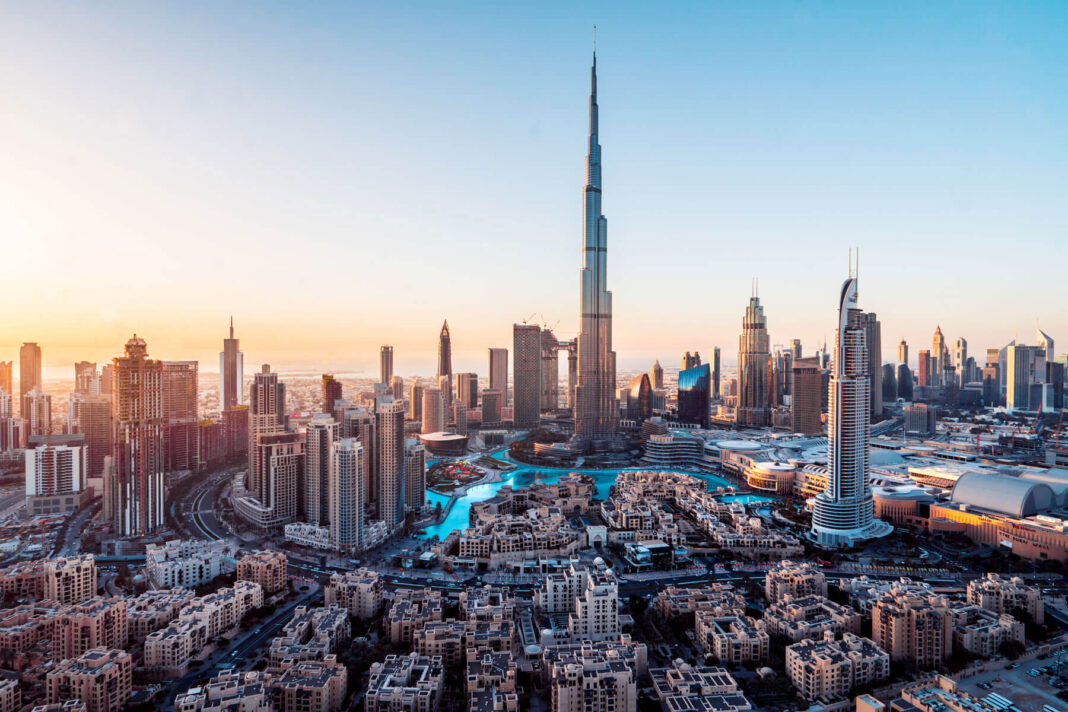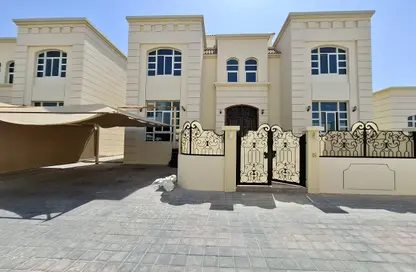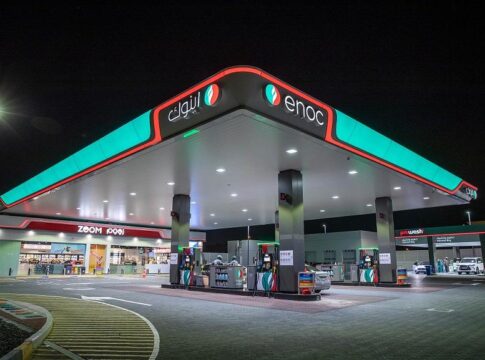Dubai, UAE – Rental prices for studio and one-bedroom apartments in Dubai are climbing due to increased demand following a government crackdown on illegally partitioned properties. The enforcement, which began in June, has displaced many tenants who previously shared overcrowded units, leading to a shift toward legally compliant leasing practices.
Background
The Crackdown on Illegal Partitions
Dubai authorities began enforcing stricter rental regulations in June, targeting illegally modified apartments and villas in areas such as
-
Al Rigga
-
Al Muraqqabat
-
Al Satwa
-
Al Raffa
The move addressed safety concerns tied to unauthorized structural changes, displacing tenants who previously shared single units.
Impact on Rental Prices
With fewer shared accommodations available, demand for legal studios and 1BHKs has surged. Swapna Tekchandani (Property Zone Real Estate)
“Rents for smaller units have risen as demand increases. The crackdown has brought transparency but reduced affordable options.”
Humaira Vaqqas (Range International Properties) added
“Landlords now pass compliance costs to tenants, raising rents in budget-friendly areas.”
Meanwhile, larger units face slight price drops due to oversupply from evicted tenants.

Sharjah & Al Nahda See Spillover Demand
Many displaced tenants are relocating to more affordable areas, including:
-
Sharjah (Al Nahda, Al Majaz, Rolla) – Rents up 10-20% due to high demand.
-
Ajman – Lower rents attract budget-conscious renters.
Ayman Youssef (Coldwell Banker) explained
*“Previously, 4-5 people shared a unit. Now, each needs individual space, driving demand.”*
What’s Next for Dubai’s Rental Market
-
Short-term leases are rising as tenants seek flexibility.
-
Sharjah’s rental market may face further strain due to Dubai’s spillover effect.
-
Landlords benefit from higher occupancy rates and legal compliance.
FAQs
Q: Which areas in Dubai are most affected by rent increases?
A: Studios & 1BHKs in central areas (Al Rigga, Muraqqabat) are seeing the biggest jumps.
Q: Will rents in Sharjah keep rising?
A: Likely, as demand from Dubai tenants continues.
Q: Are landlords still allowing shared accommodations?
A: Most now prefer single tenants or families to avoid legal issues.
Final Thoughts
Dubai’s rental market is undergoing a major shift, favoring legal and safer housing. While rents rise for smaller units, the long-term impact promises better living standards. The recent crackdown on illegally partitioned apartments in Dubai has triggered a noticeable spike in rental prices for studios and one-bedroom units.
With reduced availability in shared spaces, demand has shifted toward legal, self-contained accommodations—driving prices higher. As authorities continue to enforce stricter housing regulations, renters may need to adjust expectations or budgets, while landlords with compliant properties are likely to benefit from the tightening market.




